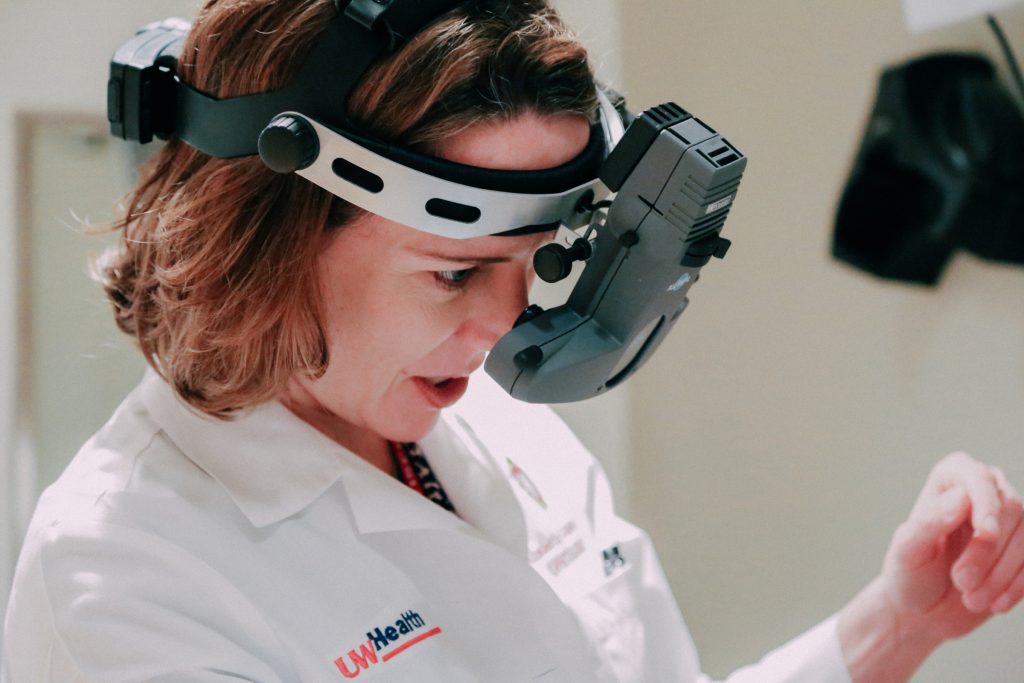
The University of Wisconsin-Madison Department of Ophthalmology and Visual Sciences (DOVS) has formally been announced as a partner site for Nightstar Therapeutics’ STAR Phase 3 Registrational Trial for NSR-REP1 in Choroideremia. This is the first human gene therapy trial in the history of the department.
Choroideremia (CHM) is a rare, X-linked genetic retinal disorder primarily affecting males. It’s characterized by progressive vision loss that usually begins with night blindness. The STAR trial is a Phase 3 trial evaluating the safety and efficacy of NSR-REP1, a gene therapy for the treatment of CHM. In data from four open-label Phase 1/2 clinical trials in which 32 patients were treated with NSR-REP1, over 99% of treated patients maintained or improved their visual acuity over a one-year follow-up period.
The STAR trial parallels the NIGHT study. The UW DOVS Clinical Trials Unit (CTU) began participation in the NIGHT trial for CHM in summer 2017 and currently has several individuals enrolled. The NIGHT study is a longitudinal natural history observational study, which provides evidence regarding the disease state and rate of disease progression in untreated CHM patients. Patients for the STAR trial will primarily be recruited from the NIGHT study group. The STAR trial expects to enroll approximately 140 patients across 18 clinical sites worldwide.
“We are excited to be part of this landmark trial for choroideremia. After following some of these patients for years without any potential treatment options, it is so exciting to be part of a trial that offers the hope of halting progression and preserving vision for this disease,” commented Kimberly Stepien, MD, principal investigator for the study, vice chair of clinical affairs and director of the adult inherited retinal degeneration clinic.
Nightstar Therapeutics, based in the UK, is a clinical-stage gene therapy company that develops treatments for rare inherited retinal diseases. The IRD research team at the University of Wisconsin-Madison is led by Dr. Stepien and Melanie Schmitt, MD, director of the pediatric inherited degeneration clinic. For more information regarding these trials, please contact Nickie Stangel, DOVS CTU study coordinator for the NIGHT and STAR trials at (608) 263-8783.
SOURCE: Nightstar Therapeutics